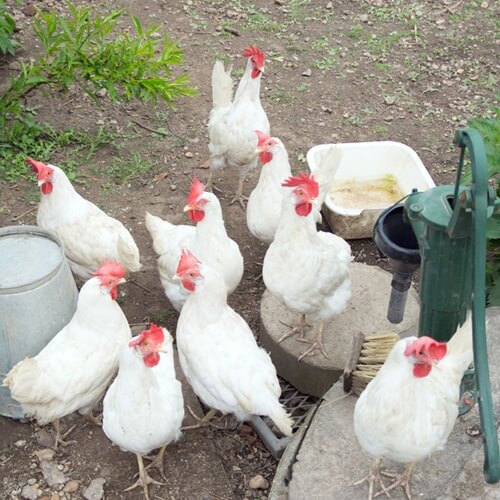Farming chefs: why they choose to raise their own meat

Online culinary arts students know that the farm-to-table trend has led restaurants to purchase local produce, meat and dairy, but some chefs have taken it a step further. These cooks are choosing to grow their own food and raise their own livestock to use in their restaurants. Owning both halves of the food industry has its benefits and its setbacks, but with the increasing need for locally raised food and organic produce, many chefs are finding it the only way to go.
Table owns farm
Ashley Hughes of Eater traveled throughout the Denver area to find chefs who have decided to add farmer to their titles. The head chefs of Black Cat Farm, Fruition Farms and Blackbelly farm all raise their own meat.
Fruition Farms’ head chef Alex Seidel has his restaurant staff spend at least one day a week at his farm. Seidel encourages his staff to understand the ins and outs of the lamb, cheese and pig they produce and serve in the restaurant. Having the staff understand the food more thoroughly leads to a more comprehensive food experience for his customers.
“Just the complete understanding of what it takes to produce food and artisanal products,” Seidel remarked about the impact of raising your own meat. “I think that’s probably the most valuable lesson in raising animals – once you raise them you have to do something with them.”
This is a thought that chef Erik Skokan of Black Cat Farm truly understands. Skokan raises various animals and rotates breeds depending on what is best for his restaurant. He noticed that having to raise and slaughter livestock changed the way he and his chefs approach cooking meat. He butchers his animals one by one, forcing his kitchen team to use each part of the animal as they go. The largest impact, he notes, is that his chefs are more creative and the menu is always changing.
Farm owns table
A farm in Indiana has taken this same approach and flipped it, with the farm begetting the restaurant. Fair Oaks Farms has opened its own restaurant on-site called Farmhouse, where the team can use the animals and produce that they already grow in their daily menus. The farmers have become so involved in the local production theory that they also convert their own gas for their tractors with compressed cow manure. Not only do they want their employees to understand the full process, they also offer tours so guests can understand the full animal-to-food process.
“We are the farm, and we are the table,” executive chef Christopher Turner remarked of Farmhouse to the Lafayette Journal and Courier. “That’s very exciting to me.”


